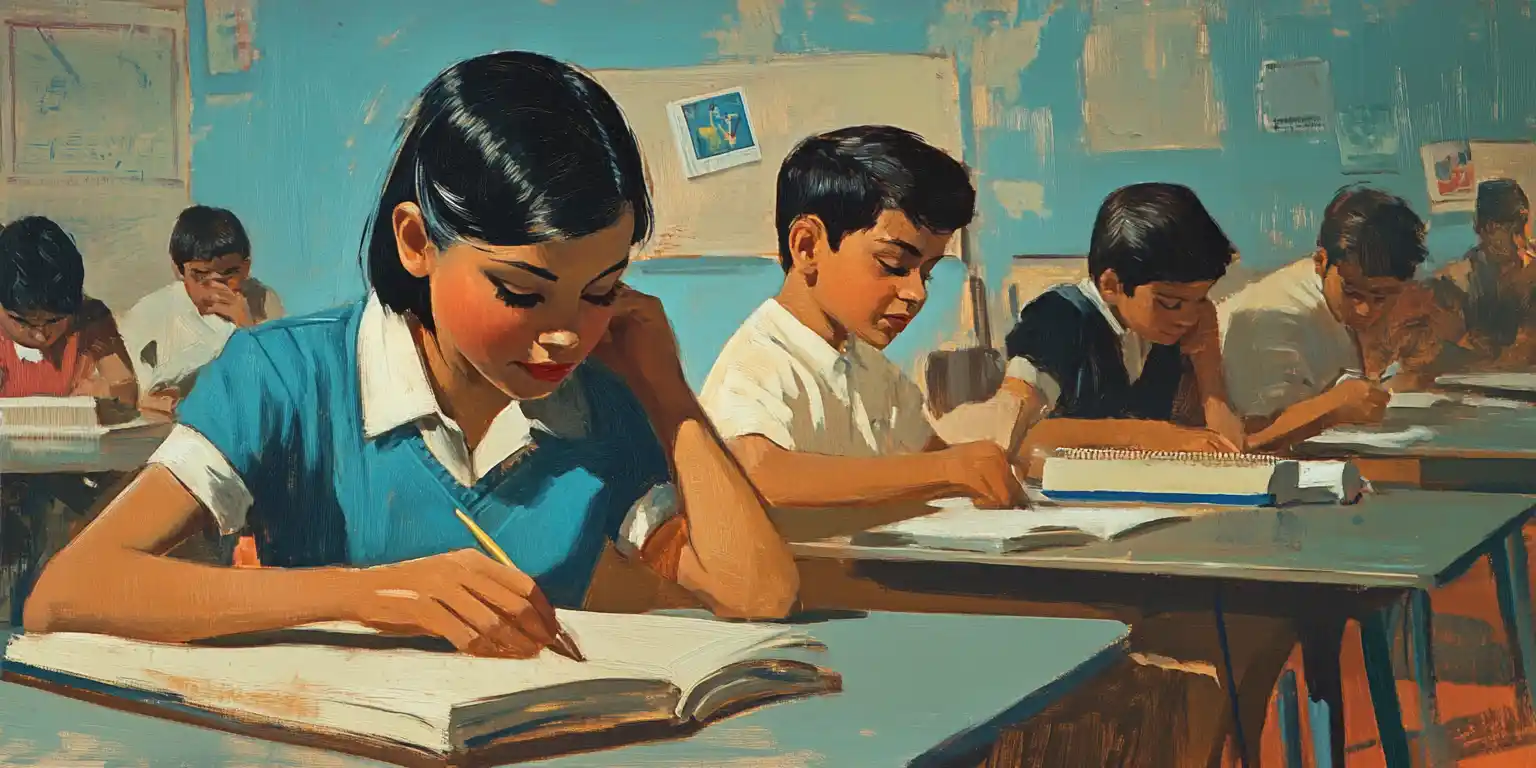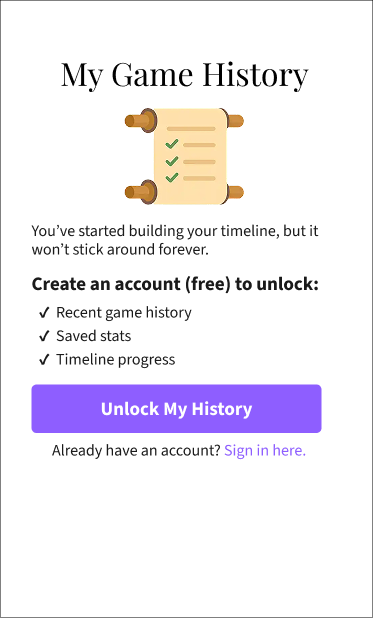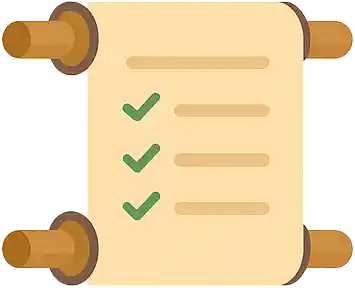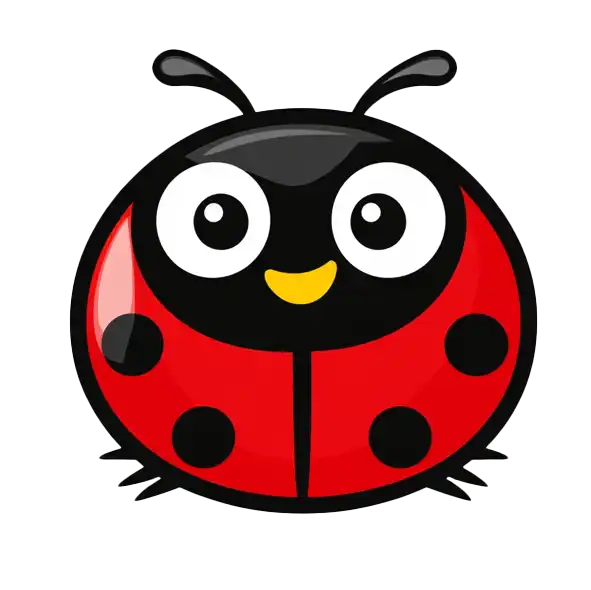The Importance of Gamification in Education
Quick question: Have you ever been hooked on something just because it was fun? Maybe a game that makes you forget time exists or even a fitness app that dishes out virtual high-fives. Spoiler alert: That’s gamification. And it’s changing the way we learn.
Gotta run?
No problem! Play a game of Chronoodle and come back later to learn how gamification is leveling up education.

What's Gamification Anyway?
Here’s the quick and dirty: Gamification is adding game-like features—think challenges, twists, rewards—to real-world stuff like education. Why? Because when things are fun, we engage more. (The secret sauce: it’s science!)
Think of the last time you stuck with something just because it was a little bit competitive or you could track progress. That's exactly what gamification is doing, whether in the classroom or if you're just having fun on your phone. It makes learning less about boring lectures and more about winning at knowledge.
 Why It Matters: Gamification Boosts Learning
Why It Matters: Gamification Boosts Learning
Here’s why gamification is the MVP in education: It plays to our natural instincts to improve, achieve, and (duh) have fun. And when you’re competing, leveling up, or just trying to beat your own high score, you tend to learn more.
Sound familiar? Here’s what happens when education meets gamer mode:
- Engagement: You actually WANT to show up
- Problem-solving: You learn by DOING, not just watching
- Feedback: INSTANT feedback means you improve faster
- Motivation: Small wins keep you going when things get tough
“But I’m Not a Gamer...”
That's okay! Not everyone’s into gaming. But guess what? You don’t have to be. Gamification is sneaky—it’s already all around you. Leveling up on your language app or earning digital badges are commonplace. Even shopping for a deal or using a (most likely digital) punch card is a way of gaming the system. That’s gamification at work, and it’s turning education into an experience you want to dive into. (Hint: you’ve been a gamer this whole time.)
Whether it’s Wordle or Worldle or Squaredle or something as timely as Chronoodle (hint, hint), gamification helps you focus, stay motivated, and actually learn more. And yeah, that even applies to HISTORY! Place events in order, check in with your intuition, and suddenly, history isn’t just about dates—it’s about having fun while you learn.
How to Add a Little Fun to Your Learning
Ready to turn your own learning process into a game? Try these:
- Set mini-goals: Hit milestones, reward yourself (chocolate always works)
- Gamify apps: Use platforms that turn learning into small wins
- Friendly competition: Challenge a friend or classmate to keep you on track
Pro tip: Gamification may cause unexpected fun and rapid learning. Side effects include bragging rights, improved knowledge, and smiling more often. Please learn responsibly.
Why not test it out for yourself? Take a few minutes and play Chronoodle. You might just pick up a thing or two without even realizing it.
Spread the Fun 🏆
Learned something new? Share this post with a friend and challenge them to see who can unlock their gamification potential first.


